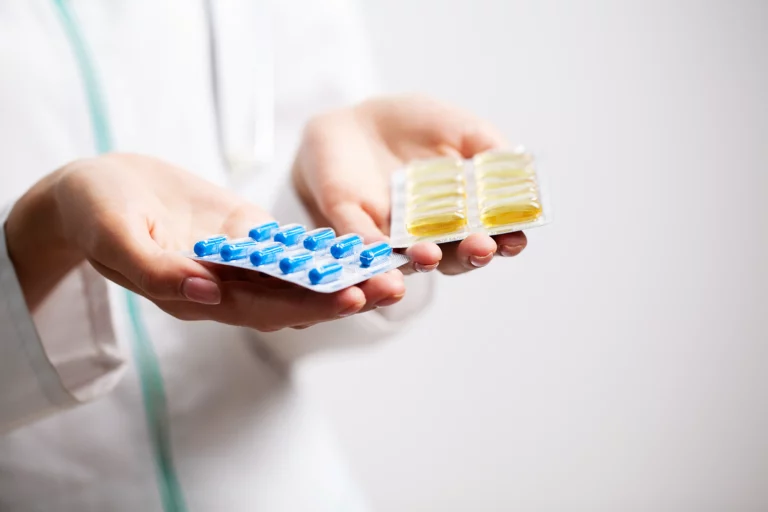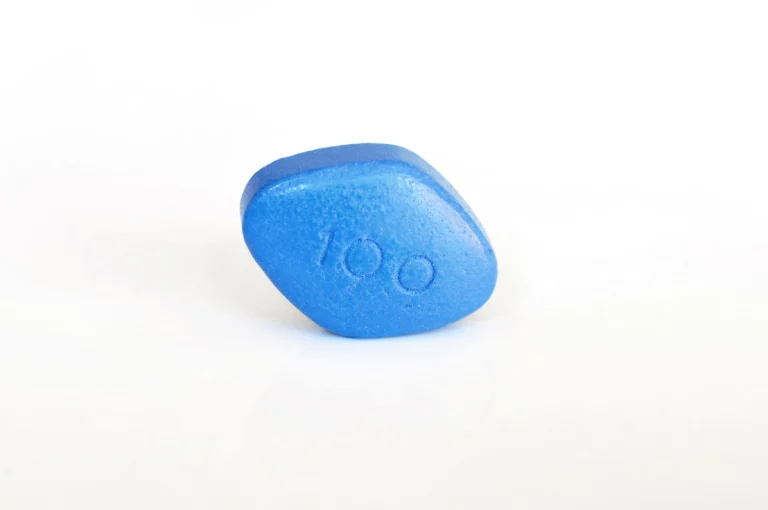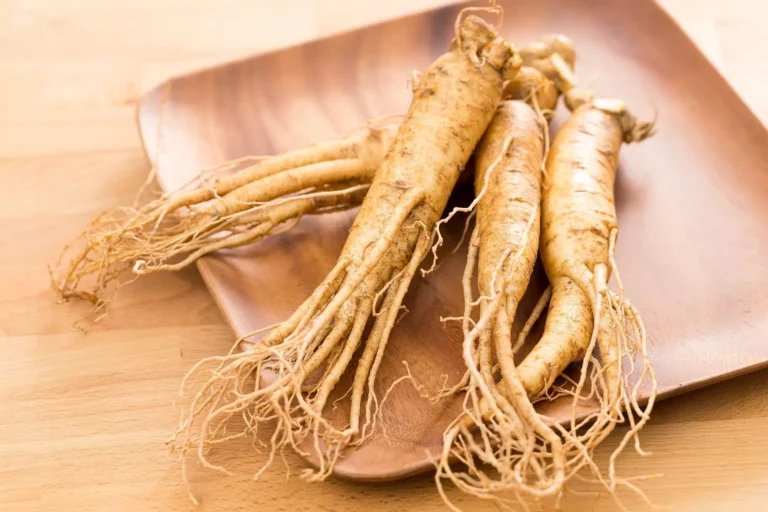An Introduction to Kidney Stones
Kidney stones, scientifically known as renal lithiasis, are hardened mineral and salt deposits that form within the kidneys. These stones vary in size and can be as small as a grain of sand or as large as a golf ball. While small stones may pass unnoticed through the urinary tract, larger ones can be quite painful and may even cause significant damage.
Despite being one of the most common disorders of the urinary tract, with around 10% of the global population experiencing them at some point, kidney stones are largely preventable. Prevention mainly involves certain lifestyle modifications and dietary changes, which will be the focus of this discussion.
Unpacking the Role of Diet in Kidney Stones Formation
The Importance of Hydration
Staying adequately hydrated is pivotal in preventing kidney stones. When the body is well-hydrated, the kidneys can dilute the substances that contribute to stone formation. Water is the best beverage choice as it’s free of calories, sugars, and additives.
In terms of quantity, it’s recommended that an individual should aim for at least eight 8-ounce glasses of water a day, though this can vary based on a person’s weight, physical activity level, and climate. For those prone to forming kidney stones, it might be beneficial to produce at least 2.5 liters of urine per day. This target might require drinking up to 3 liters of fluid daily.
Citrus beverages, such as orange juice and lemonade, are also useful due to their natural citrate content. Citrate can help prevent kidney stone formation by binding with calcium in urine, reducing the likelihood of calcium stone formation.
Evaluating Nutritional Intake
The food we consume plays a significant role in the formation of kidney stones. Certain food types, especially those high in oxalate, contribute to stone formation. These include beetroot, spinach, rhubarb, potatoes, nuts, chocolate, and wheat bran.
However, this doesn’t imply that these foods should be entirely eliminated from one’s diet. They can still be consumed moderately, particularly when paired with calcium-rich foods. This combination helps as dietary calcium binds with oxalate in the gut, reducing its absorption and subsequent excretion into the urine, thus decreasing the risk of stone formation.
Additionally, a diet high in animal-based protein can also raise kidney stone risk. This is because such a diet increases uric acid levels and reduces citrate levels in urine, both of which contribute to stone formation. Substituting animal proteins with plant-based proteins can thus prove beneficial.
Impact of Lifestyle Choices on Kidney Stone Formation
Maintaining a Healthy Body Weight
Obesity, particularly abdominal obesity, is a well-recognized risk factor for kidney stone formation. The exact mechanisms behind this association are complex, but they include increased urinary excretion of substances that form stones and changes in how the body handles insulin.
Therefore, maintaining a healthy body weight through a balanced diet and regular physical activity is key. However, it’s important to avoid crash diets or a diet that’s high in protein and low in carbohydrates, as they can lead to increased calcium and uric acid levels in urine, thereby promoting stone formation.
Role of Physical Activity
Physical activity doesn’t directly reduce the risk of kidney stone formation. Still, its indirect effects, including weight management and blood pressure regulation, can certainly contribute. Regular exercise helps lower blood pressure and maintain a healthy weight, which in turn reduces the likelihood of stone formation.
However, intense exercise without sufficient fluid replacement can lead to dehydration, a major risk factor for kidney stone formation. This is especially true in hot and humid climates, where sweating increases, leading to more fluid loss.
Delving Deeper: Other Preventive Measures
Monitoring Sodium Intake
High dietary sodium, commonly consumed as table salt, is another risk factor for kidney stones. A high-sodium diet increases calcium excretion in the urine – a major component of the most common type of kidney stone, calcium oxalate.
Most dietary sodium comes from processed foods, so one of the best ways to reduce sodium intake is to eat fresh, whole foods and avoid processed ones. Also, consider using herbs and other spices to flavor food instead of relying on salt.
Understanding the Role of Medications
The Impact of Certain Medications
While medications are designed to treat various conditions and diseases, some may increase the risk of kidney stone formation. It’s important to note that the benefits of these medications often outweigh the risks, but if you’re prone to kidney stones, it’s worthwhile to discuss these potential side effects with your healthcare provider.
For instance, diuretics, often called water pills, are commonly used to treat high blood pressure. However, some diuretics can increase the risk of kidney stone formation by decreasing the amount of water in the urine, leading to stone-causing substances becoming highly concentrated.
Specific Medications and Their Effects
Calcium-based antacids can also increase the risk of stone formation. While calcium in food can bind to oxalate and prevent it from entering the bloodstream, and subsequently the urine, calcium from supplements may not have the same benefit.
Topiramate (Topamax), a drug commonly used for seizures and migraine prevention, can increase the risk of kidney stones by reducing citrate levels in the urine and increasing urine pH.
Certain antiviral drugs, such as Indinavir (Crixivan), used in the treatment of HIV/AIDS, can crystallize and form stones within the kidneys or the urinary tract.
Moreover, some medications used in chemotherapy, like triamterene, can also form kidney stones.
Allopurinol, a medication for gout, can lead to a type of stone composed of xanthine if the dosage is high.
Monitoring and Adjusting Medication Use
If you’re taking any of these medications and are prone to kidney stones, it’s crucial to discuss this with your healthcare provider. Regular check-ups and monitoring can help detect any potential issues early.
In some cases, your healthcare provider may adjust your dosage or suggest alternative medications. Additionally, they may recommend preventative measures such as increasing fluid intake, adjusting dietary habits, or prescribing medication to prevent stones, such as thiazide diuretics or allopurinol, which reduces uric acid levels in the blood and urine.
Remember that you should never stop taking a prescribed medication without first consulting your healthcare provider. The benefits of these drugs often far outweigh the potential risk of kidney stones, and many of these risks can be managed with proper care and monitoring.
Conclusion
Kidney stones, while common, are largely preventable. By staying well-hydrated, modifying dietary choices, maintaining a healthy body weight, and engaging in regular physical activity, individuals can significantly reduce their risk of developing this painful condition. Furthermore, it’s important to remember that all preventive measures should be personalized, considering an individual’s overall health, lifestyle, and medical history. Always consult with a healthcare provider for advice tailored to your specific circumstances. After all, prevention is the best cure.






